A solar-powered microbrewery has design-led energy in Sweden
Wayout launches microbrewery and water purifier designed by Bernadotte & Kylberg and No Picnic in Sweden
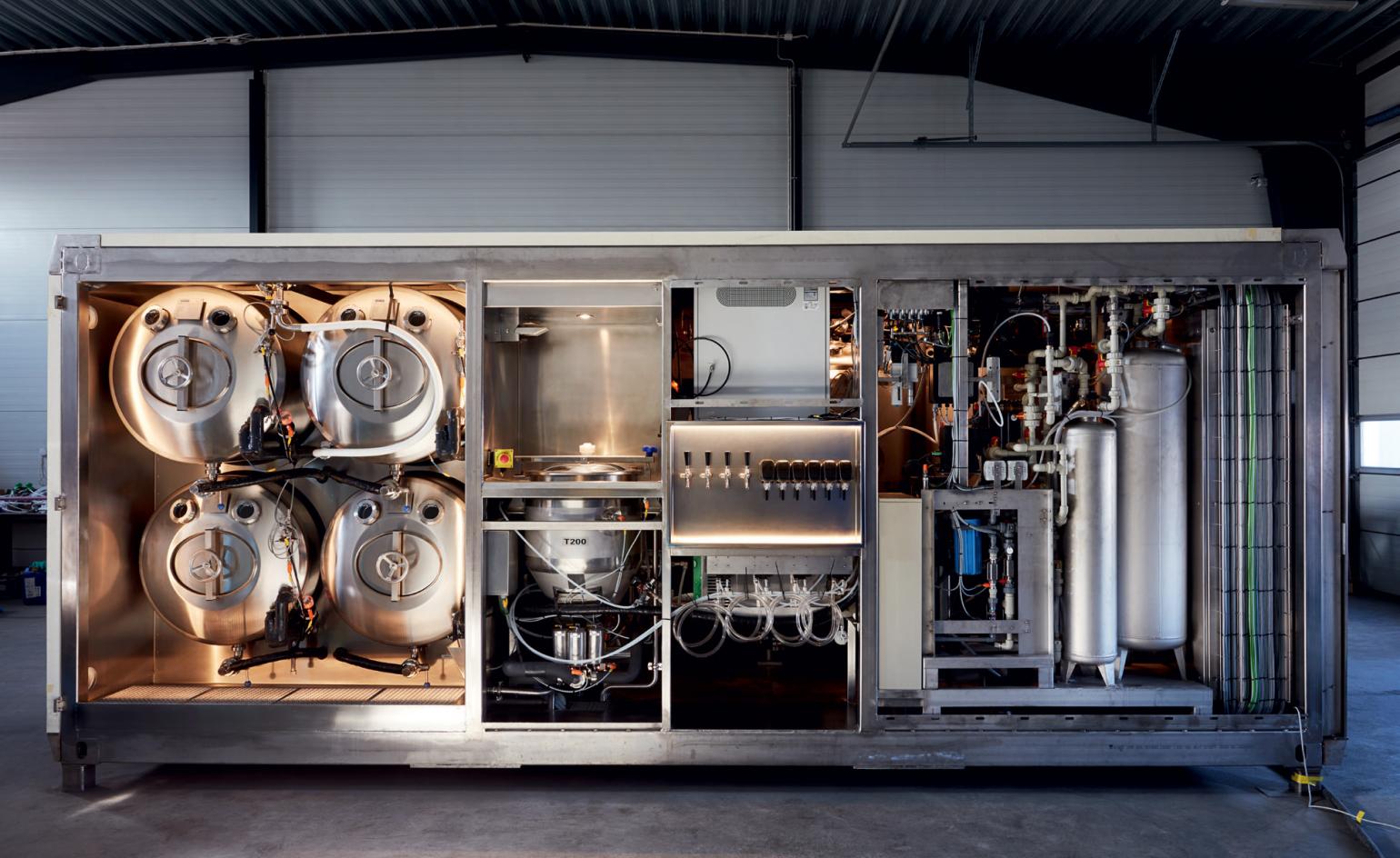
Christopher Hunt - Photography
A revolutionary microfactory akin to a 3D printer for drinks has been created in Sweden. The brainchild of local start-up Wayout, the container-sized structure holds an advanced waterpurification system and microbrewery powered by solar panels. The modules, with customisable exteriors and serving interface designed by Swedish studios Bernadotte & Kylberg and No Picnic, are as compact as possible.
When Wallpaper* visited the assembly plant in Linköping, Wayout was finalising its second microfactory, to be shipped to an eco-retreat in the Serengeti National Park, Tanzania. It’s no coincidence that Africa is an early destination – each module has the capacity to provide 70,000 litres of clean drinking water, avoiding up to 200,000 plastic bottles, per month. ‘Since we can treat all types of water – even desalinate sea water – the idea is perfect for places with poor water quality,’ says Martin Renck, one of Wayout’s six partners.
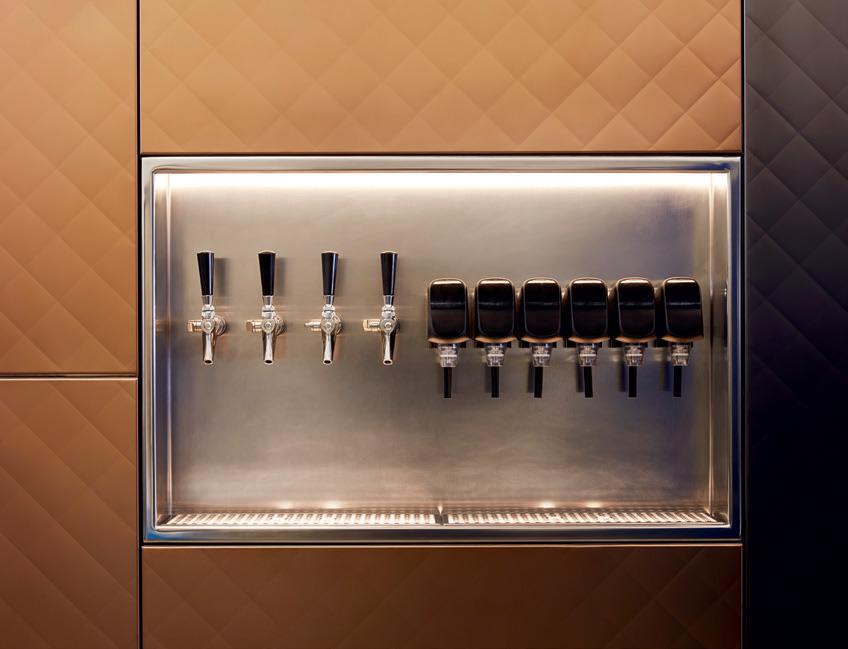
The solar power, meanwhile, overcomes an unreliable electrical supply. User-friendliness is key to the project. Clients pay a subscription to run the microfactory, rather than applying for expensive loans to buy it, and it is controlled via an app. The ingredients are loaded manually, the rest is fully automated: water treatment, beverage mixing, brewing and cleaning. Still or sparkling water and soft drinks can be made instantly, while a simple click starts the brewing process, which takes seven to ten days. Three thousand litres of beer or cider can be stored. Factors from beverage quality to the need for new ingredients can be monitored from the Wayout office in Stockholm.
A separate module has been designed solely for purifying water. One of the first destinations for this is the Hunger Project in Kampala, Uganda, where Wayout will provide clean water and deliver it via a centre that, among other things, works to empower women. ‘It’s not just a meaningful product, it can change how we relate to the planet,’ says Renck. ‘Water is something everyone needs.’
INFORMATION
Wallpaper* Newsletter
Receive our daily digest of inspiration, escapism and design stories from around the world direct to your inbox.
-
 Put these emerging artists on your radar
Put these emerging artists on your radarThis crop of six new talents is poised to shake up the art world. Get to know them now
By Tianna Williams
-
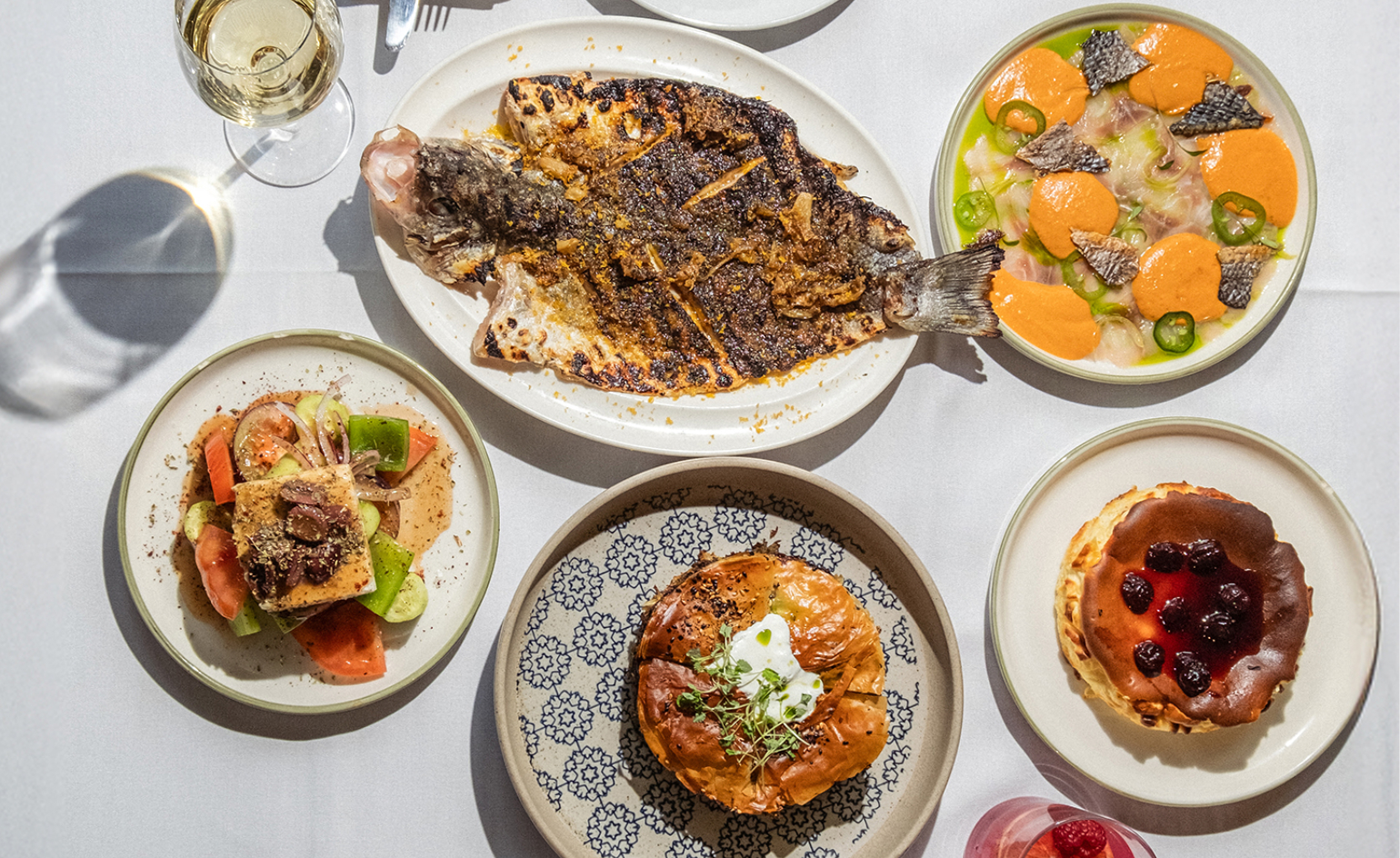 Dining at Pyrá feels like a Mediterranean kiss on both cheeks
Dining at Pyrá feels like a Mediterranean kiss on both cheeksDesigned by House of Dré, this Lonsdale Road addition dishes up an enticing fusion of Greek and Spanish cooking
By Sofia de la Cruz
-
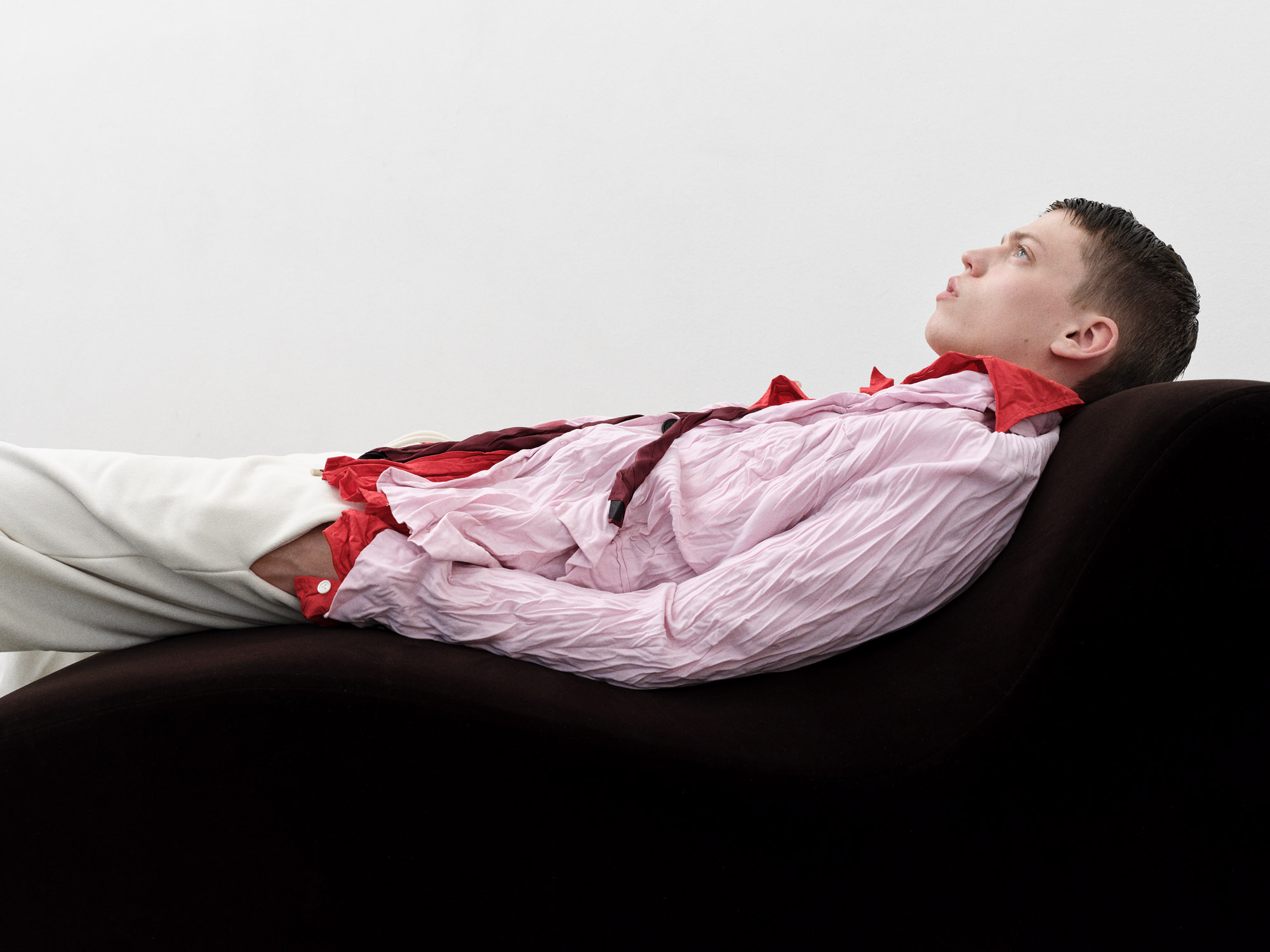 Creased, crumpled: S/S 2025 menswear is about clothes that have ‘lived a life’
Creased, crumpled: S/S 2025 menswear is about clothes that have ‘lived a life’The S/S 2025 menswear collections see designers embrace the creased and the crumpled, conjuring a mood of laidback languor that ran through the season – captured here by photographer Steve Harnacke and stylist Nicola Neri for Wallpaper*
By Jack Moss
-
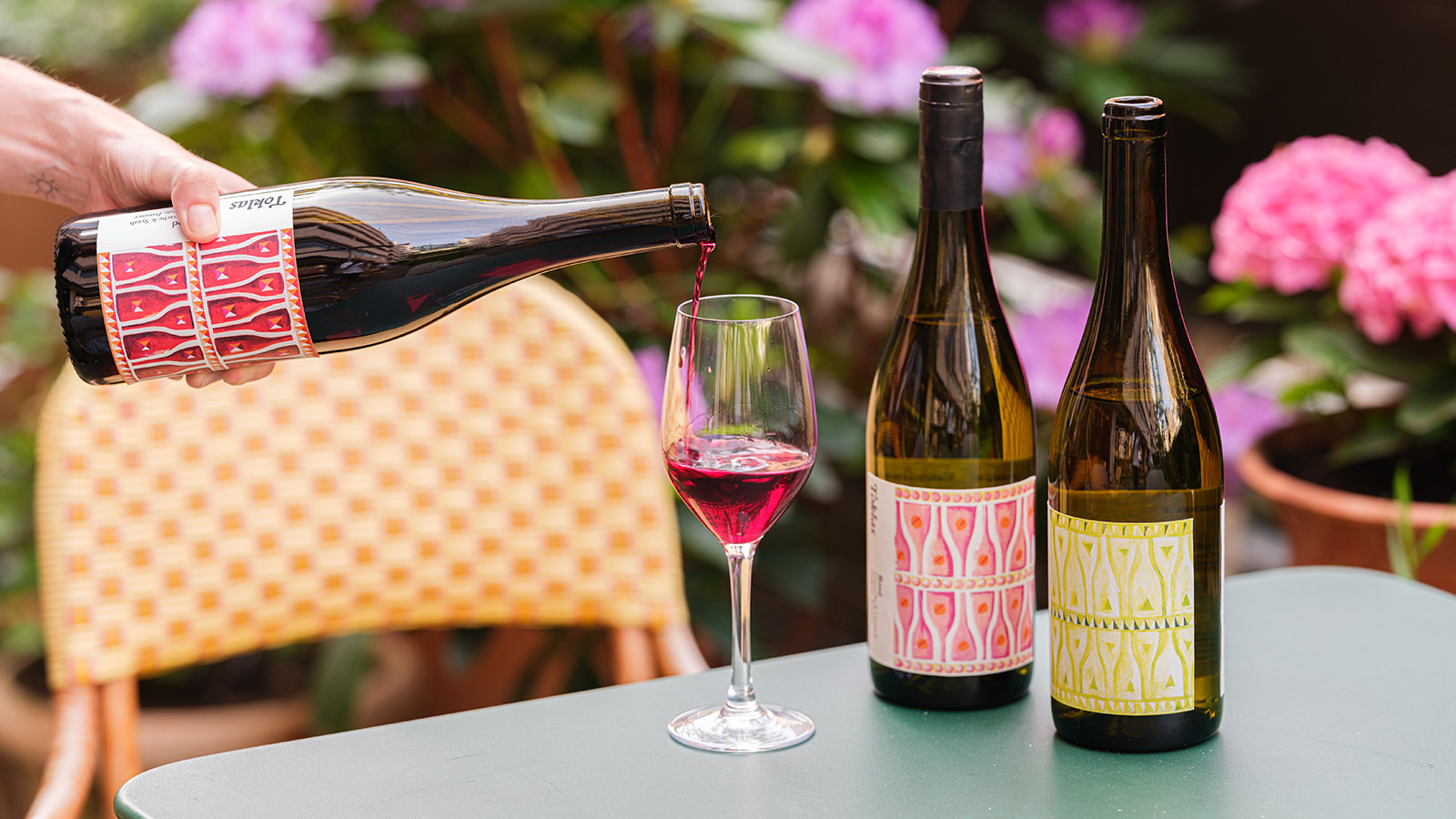 Toklas’ own-label wine is a synergy of art, taste and ‘elevated simplicity’
Toklas’ own-label wine is a synergy of art, taste and ‘elevated simplicity’Toklas, a London restaurant and bakery, have added another string to its bow ( and menu) with a trio of cuvées with limited-edition designs
By Tianna Williams
-
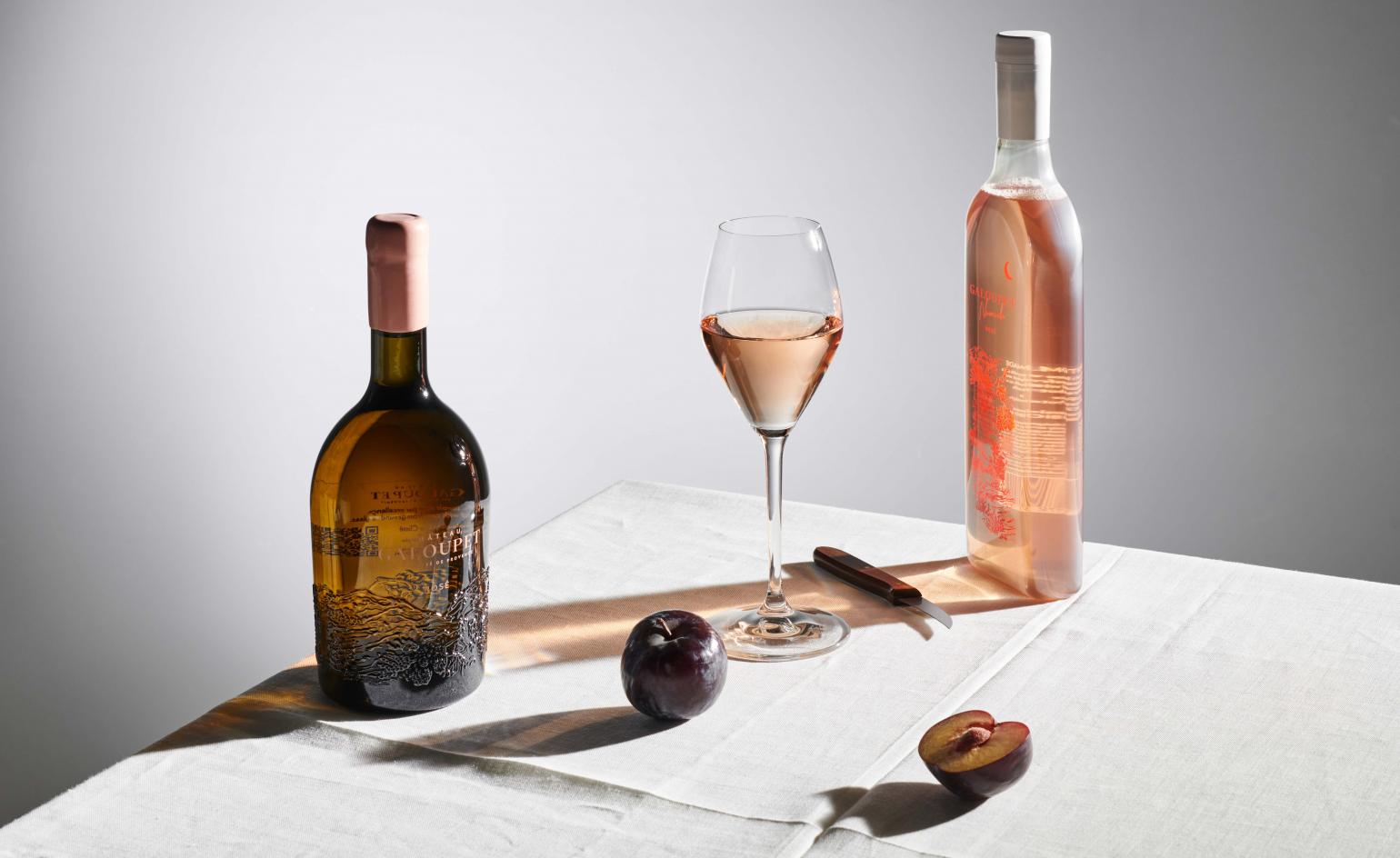 Château Galoupet is teaching the world how to drink more responsibly
Château Galoupet is teaching the world how to drink more responsiblyFrom reviving an endangered Provençal ecosystem to revisiting wine packaging, Château Galoupet aims to transform winemaking from terroir to bottle
By Mary Cleary
-
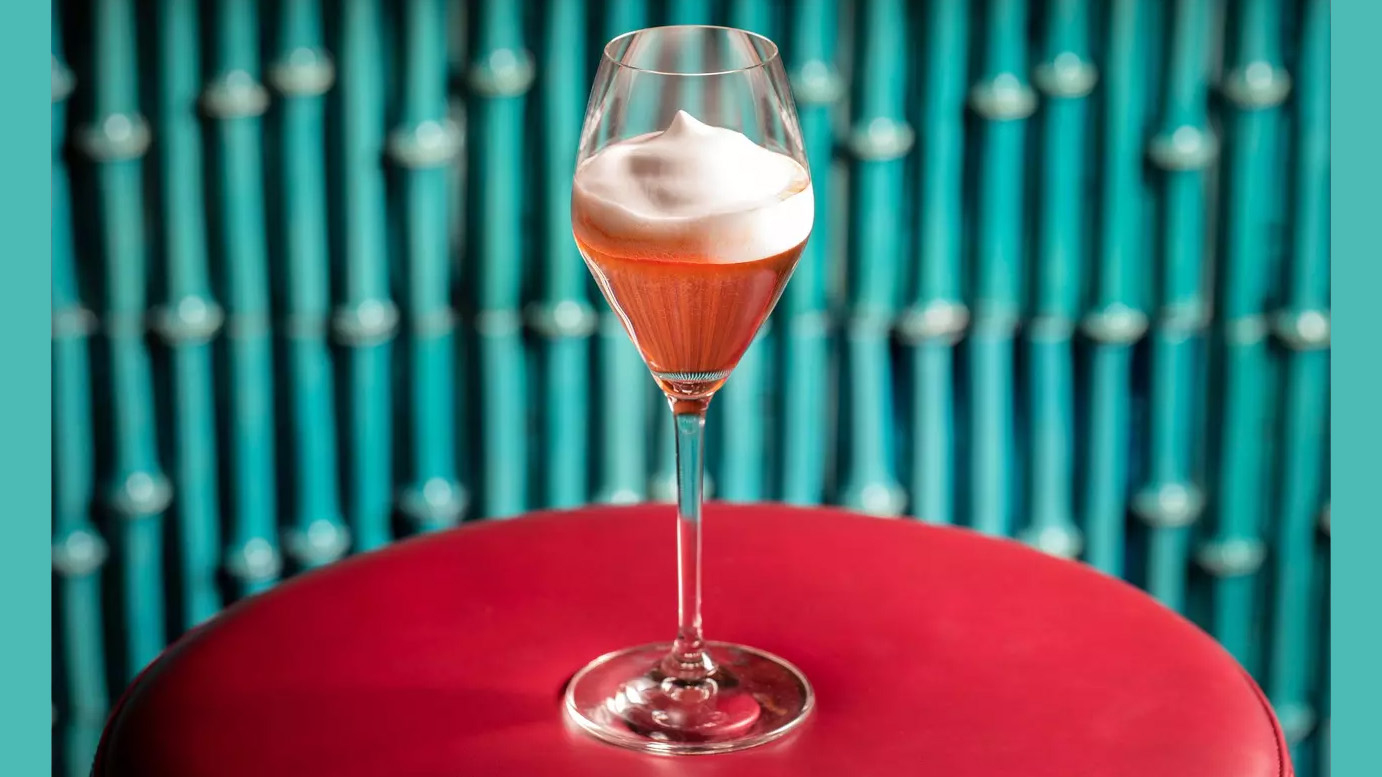 London’s most refreshing summer cocktail destinations
London’s most refreshing summer cocktail destinationsCool down in the sweltering city with a visit to London’s summer cocktail destinations
By Mary Cleary
-
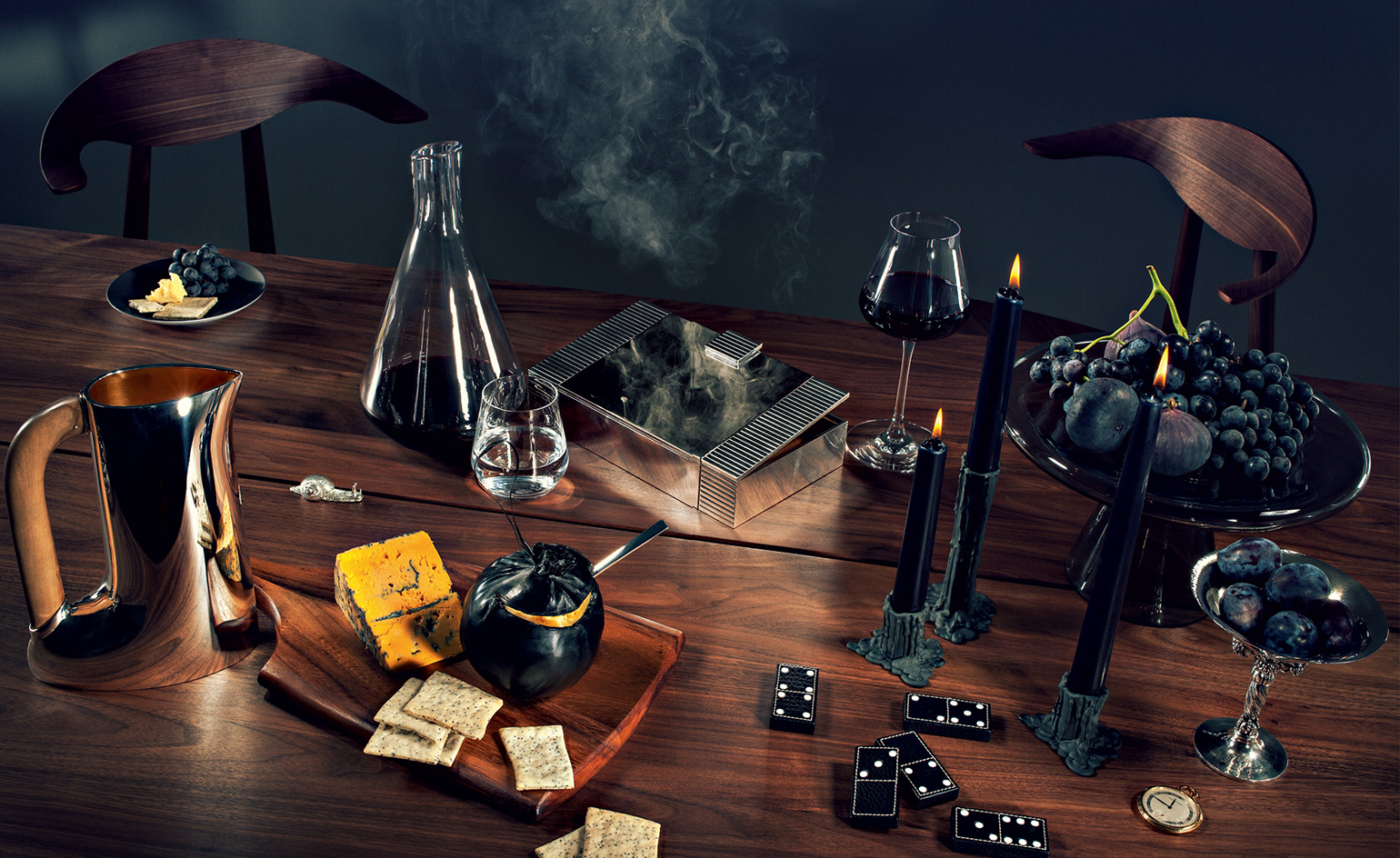 Learn how to curate a simple cheese board with perfect port pairings
Learn how to curate a simple cheese board with perfect port pairingsThe experts at artisan cheesemonger Paxton & Whitfield share tips for curating a simple but sophisticated cheese board, with port and cheese pairings for every taste
By Melina Keays
-
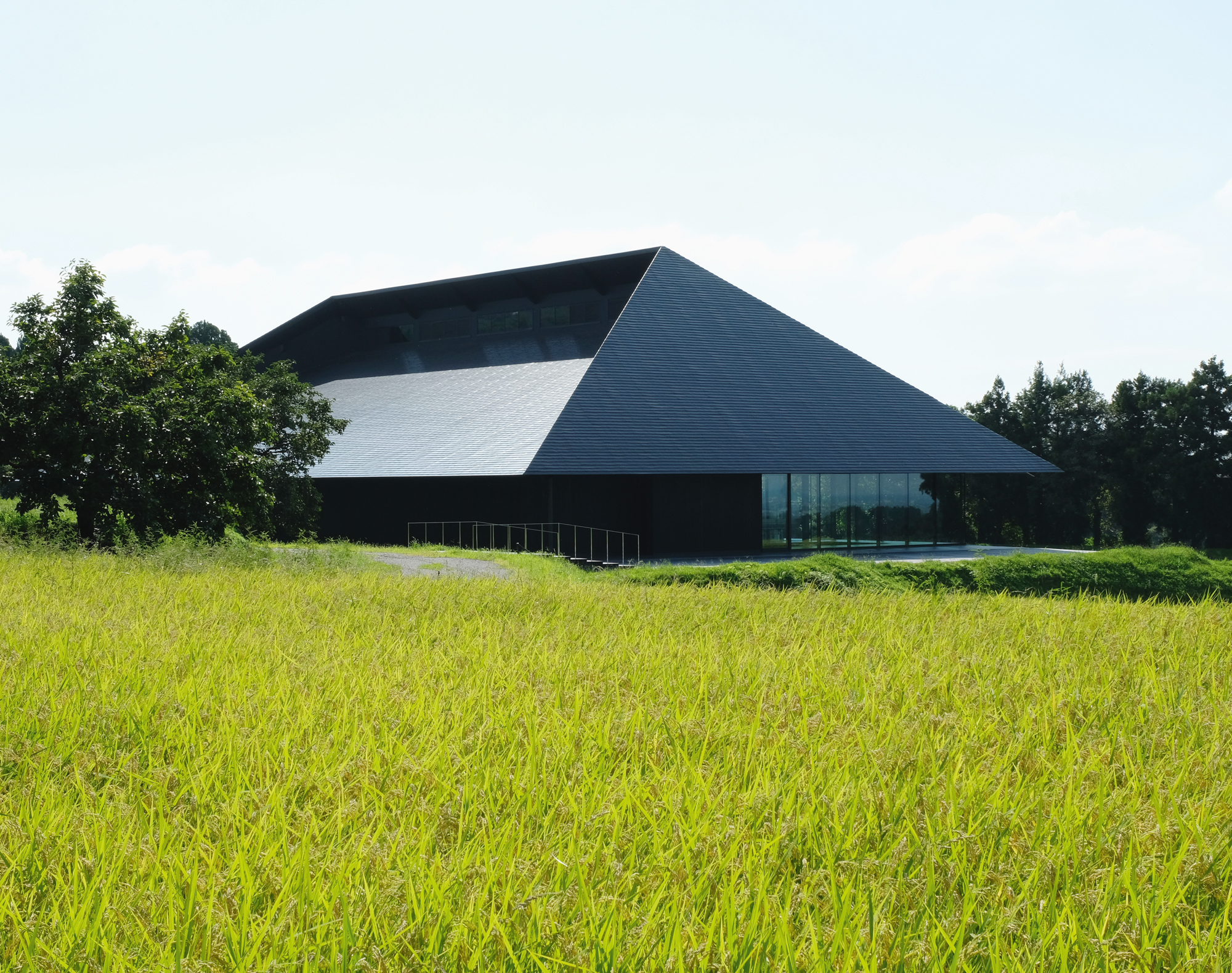 IWA sake brewery by Kengo Kuma is Best Roofscape: Wallpaper* Design Awards 2022
IWA sake brewery by Kengo Kuma is Best Roofscape: Wallpaper* Design Awards 2022IWA sake brewery in Japan, by Kengo Kuma & Associates, scoops Best Roofscape at the Wallpaper* Design Awards 2022
By Tony Chambers
-
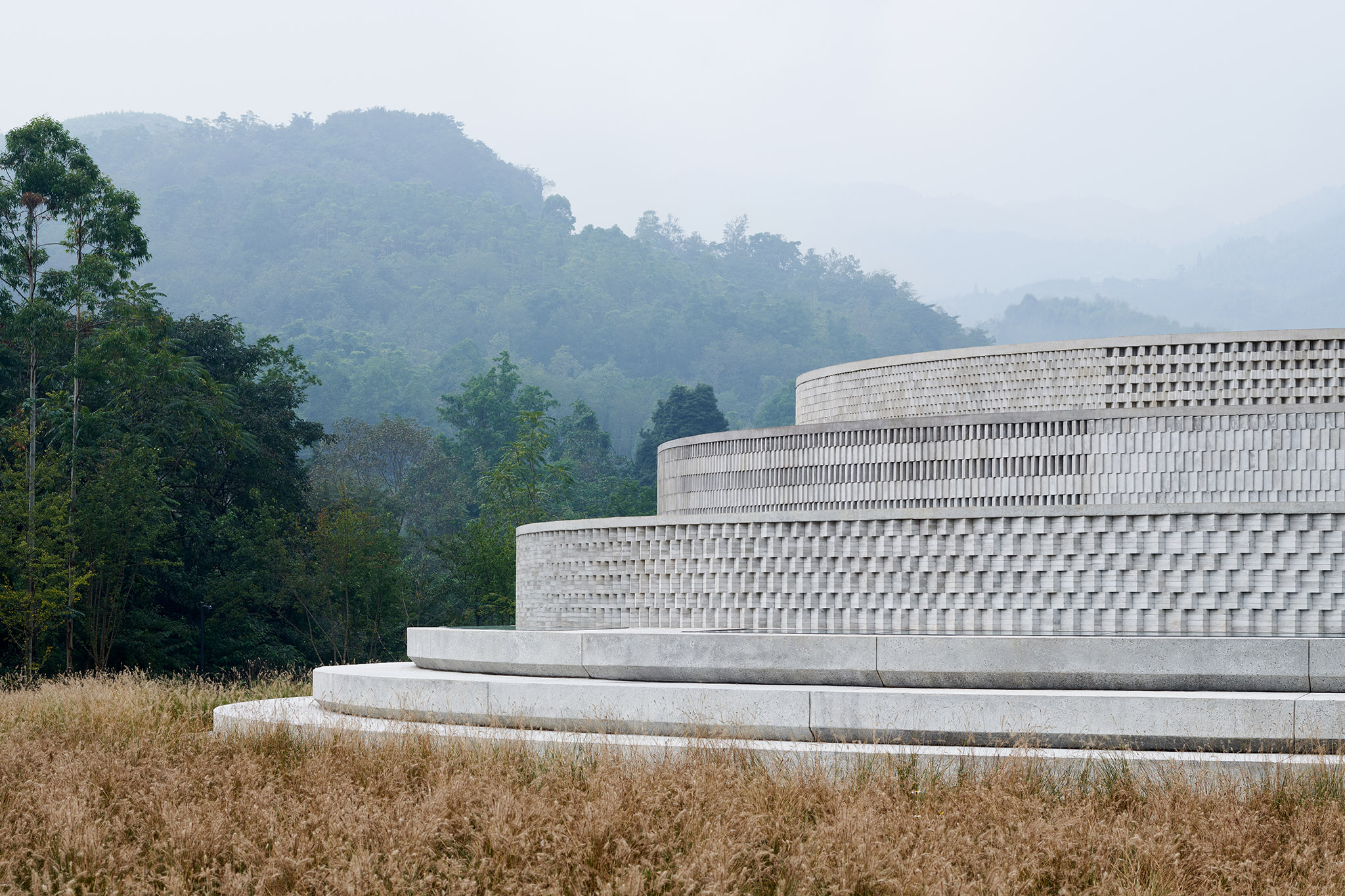 The Chuan Malt Whisky Distillery by Neri & Hu offers a twist on Chinese tradition
The Chuan Malt Whisky Distillery by Neri & Hu offers a twist on Chinese traditionNeri & Hu designs headquarters for The Chuan Malt Whisky Distillery in China's Sichuan province
By Yoko Choy
-
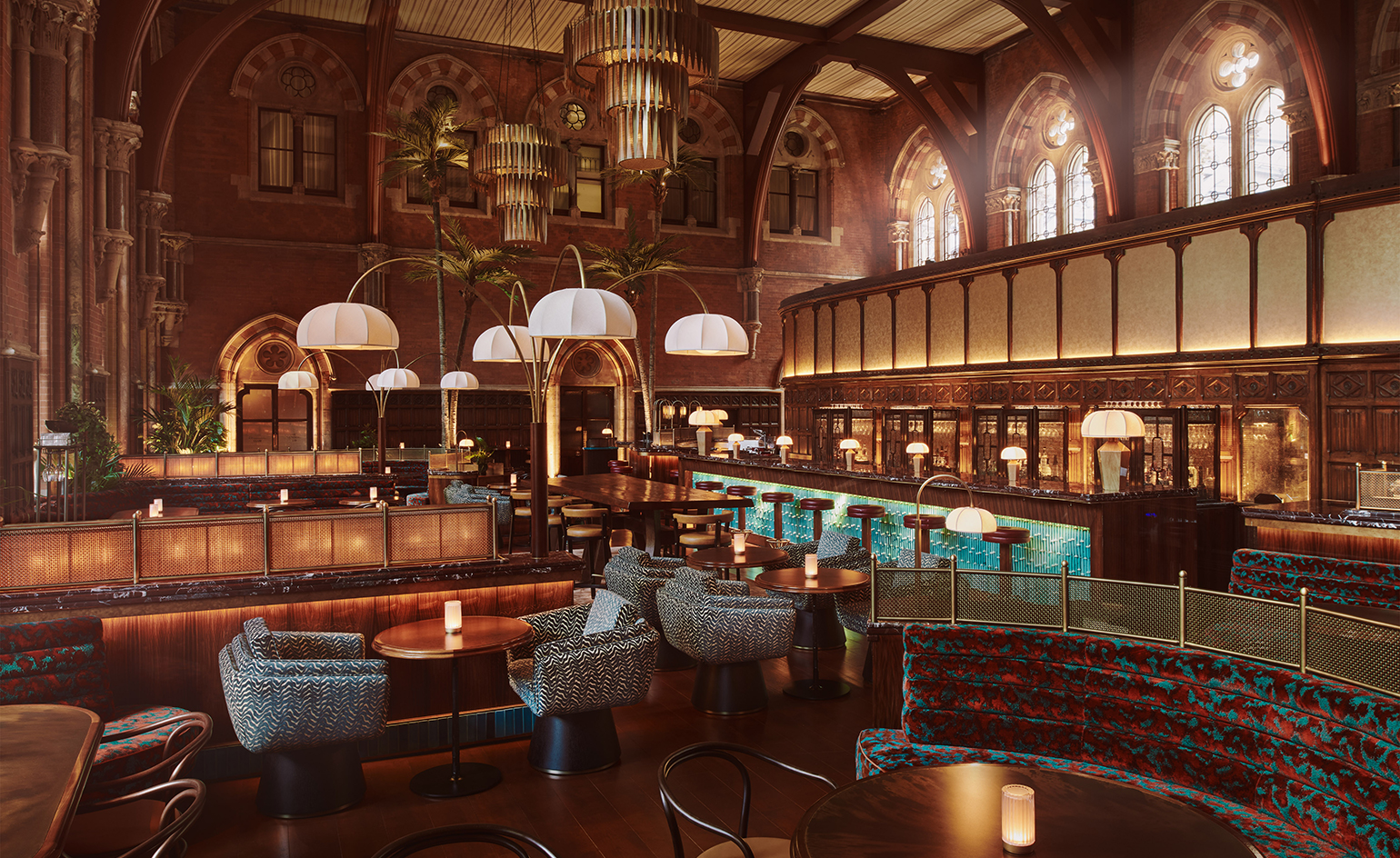 St Pancras Renaissance Hotel opens Booking Office 1869 restaurant
St Pancras Renaissance Hotel opens Booking Office 1869 restaurantBooking Office 1869 restaurant, at the St Pancras Renaissance Hotel, is set to become a new London hotspot. Developer Harry Handelsman and designer Hugo Toro tell us about its creation
By Mary Cleary
-
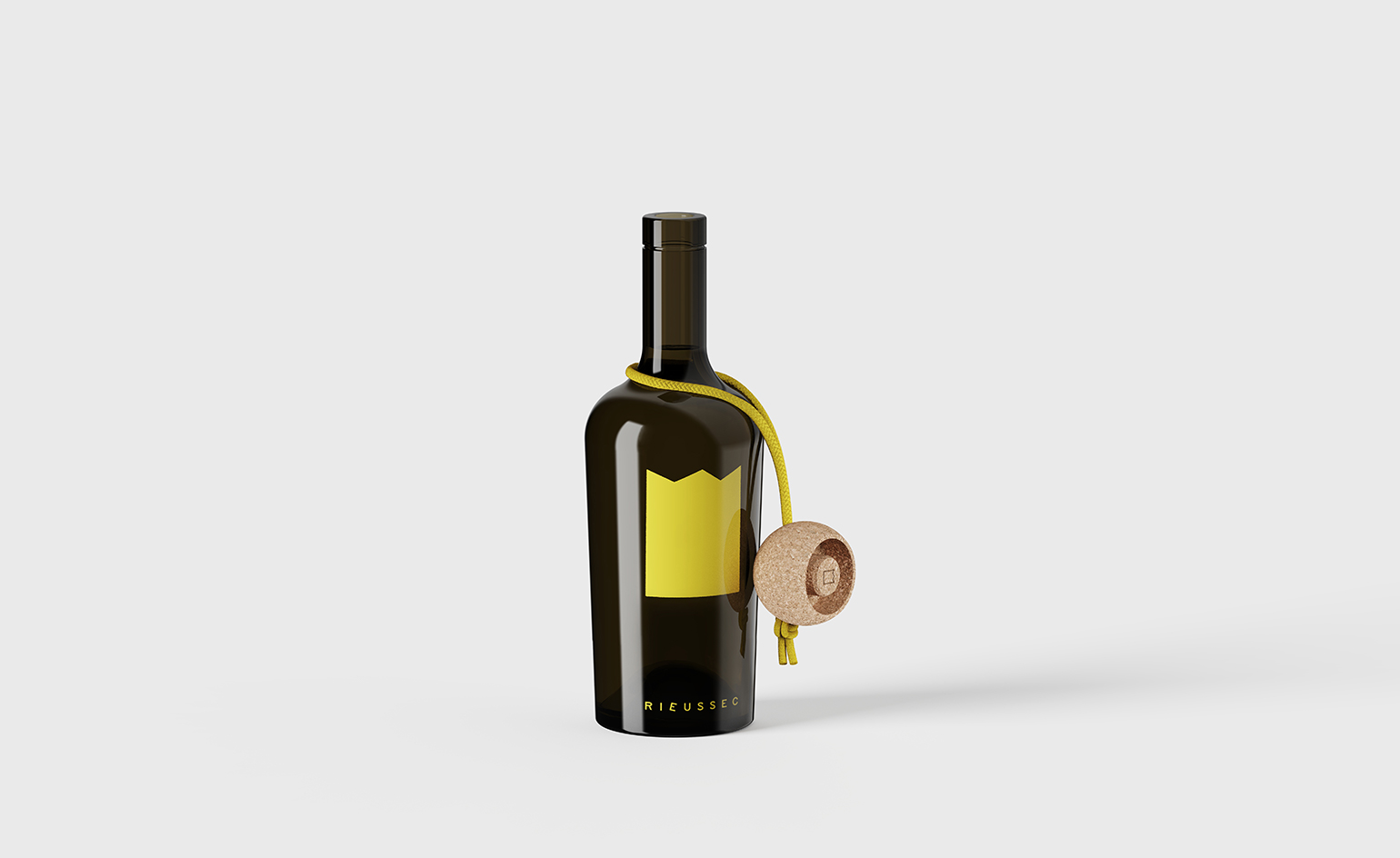 Sweet Sauternes: France’s forgotten wine gets a reputational makeover
Sweet Sauternes: France’s forgotten wine gets a reputational makeoverSaskia de Rothschild is on a mission to revive the popularity of Sauternes white wine, with Rieussec, produced and packaged with a fresh, more sustainable approach
By Mary Cleary